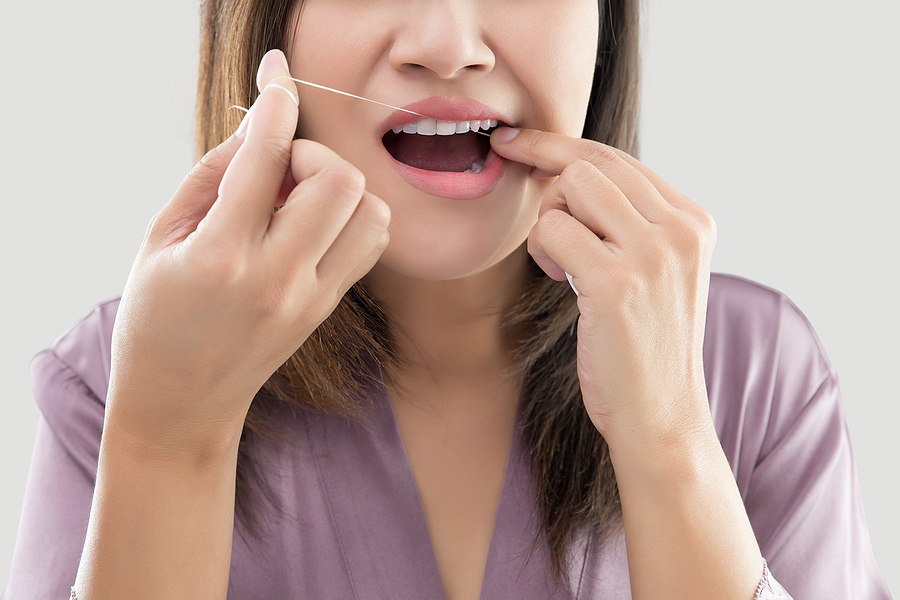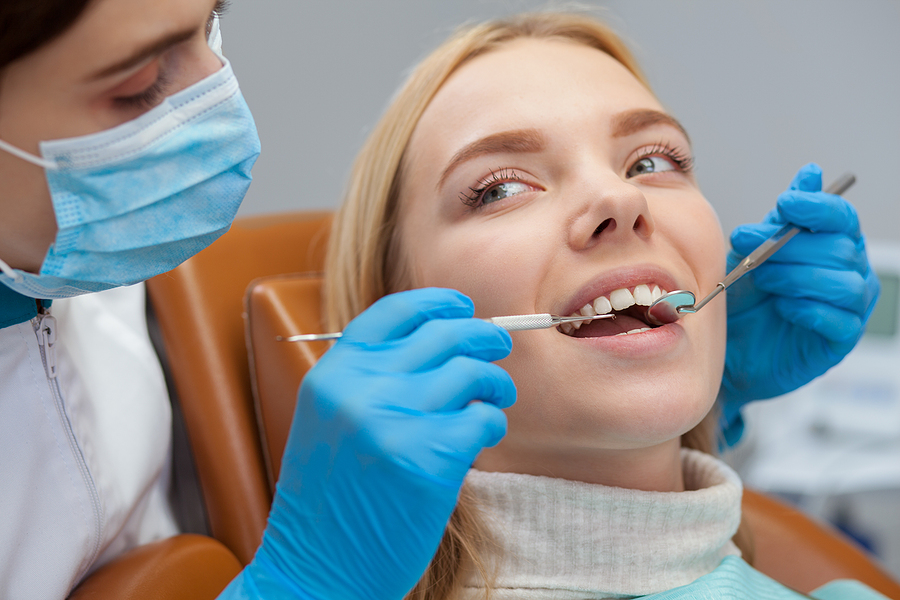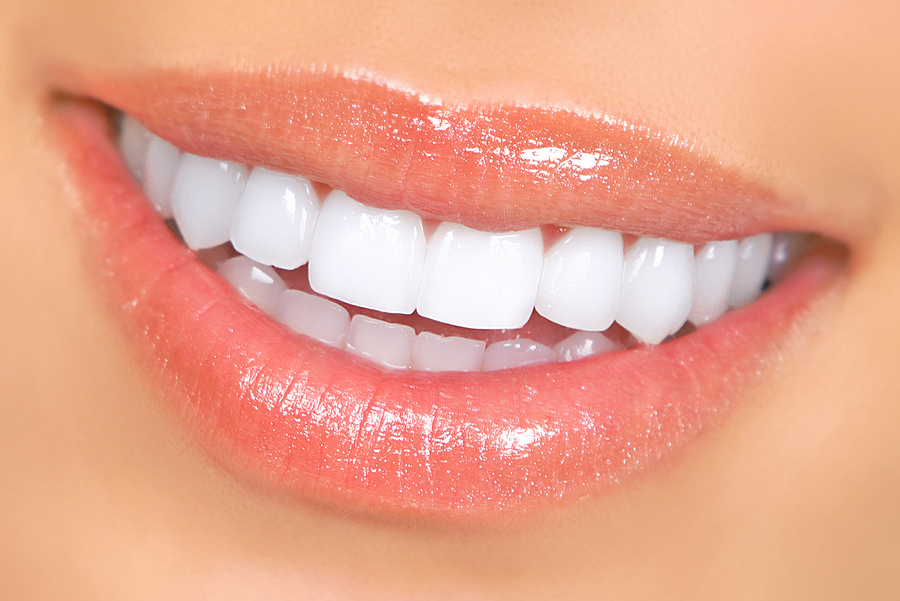Good oral hygiene is paramount for maintaining overall health, but often its significance is underestimated. Many individuals view brushing and flossing as mere tools to achieve a bright smile, but these daily routines prevent diseases that could affect the entire body.
This article delves into the various aspects of oral health, highlighting why proper oral hygiene is vital and how neglect can lead to severe health issues.
Understanding the Oral Microbiome
Table of Contents
The mouth is home to a complex community of bacteria, fungi, and viruses, collectively known as the oral microbiome. While some of these microorganisms are beneficial, helping in the digestion of food and protection against harmful bacteria, others can be detrimental if not properly managed. The balance of these microbes is sensitive to changes in the oral environment, influenced by diet, oral care habits, and overall health.
Hence, various cosmetic dental options exist if you want to enhance your smile while protecting your oral health. For example, you can learn more about dental veneers and lumineers to see if they suit your dental care needs.
The Link Between Oral Hygiene and Systemic Health
It is believed that there is a significant connection between oral health and overall systemic well-being. Periodontal disease, which arises from the accumulation of plaque and tartar, has been associated with an increased risk of severe conditions such as heart disease, diabetes, and stroke. The underlying mechanism involves the inflammation initiated by harmful oral bacteria. These bacteria can enter the bloodstream, travel to various body parts, and exacerbate or potentially trigger systemic inflammation.
This systemic response affects cardiovascular health, influences blood sugar regulation, and can contribute to the pathogenesis of stroke, underscoring the importance of maintaining optimal oral hygiene.
Key Practices in Oral Hygiene
Maintaining optimal oral health involves several key practices, such as:
- Regular Brushing and Flossing: Brushing at least twice daily and flossing daily helps remove food particles and plaque, reducing the risk of cavities and gum disease.
- Regular Dental Checkups: Visiting a dentist every six months for a professional cleaning and examination can prevent oral health problems or catch them early when they are more manageable.
- Balanced Diet: Eating a diet low in sugar and high in fruits, vegetables, and whole grains can help reduce the buildup of harmful bacteria in the mouth.
Preventing Oral Diseases
The prevention of oral diseases is critical for maintaining not just oral health but overall well-being. Cavities, gingivitis, and periodontitis are common issues stem from poor oral hygiene. For instance, cavities develop when bacterial acids erode tooth enamel, leading to decay. Gingivitis, characterized by gum inflammation, can escalate into periodontitis, a more severe gum disease causing tooth loss.
Effective prevention includes consistent brushing and flossing, which remove the bacterial plaque that initiates these conditions. Regular dental checkups and cleanings also play a vital role by helping catch early signs of disease and prevent progression.
The Role of Saliva in Oral Health
Saliva is integral to maintaining oral health. It neutralizes the acids produced by oral bacteria, assists in digestion, and cleanses the mouth of food debris. Adequate saliva flow is essential for these processes. For example, insufficient saliva or dry mouth can result from factors such as dehydration, certain medications, or medical conditions, increasing the risk of dental decay and gum disease.
Therefore, promoting good hydration, addressing medication side effects, and managing underlying health issues are crucial steps to ensure that saliva production remains healthy to support oral hygiene.
Technological Advances in Dental Care
The field of dental care has seen remarkable technological innovations that have transformed patient experiences and treatment outcomes. Digital imaging allows for precise and minimally invasive diagnostics, while laser treatments provide options for painless surgery with faster healing times.
Additionally, modern materials used in fillings and prosthetics offer durability and aesthetic
appeal, closely mimicking natural teeth. These advancements support more efficient, effective, and comfortable dental care, making procedures less daunting and more accessible to patients.
The Psychological Impact of Oral Health
Oral health can significantly influence psychological well-being. Common issues such as bad breath, missing teeth, or cavities can severely impact self-esteem and lead to social withdrawal or anxiety. The psychological effects of oral health conditions can hinder personal and professional relationships and diminish quality of life.
Conversely, investing in oral health through regular care and cosmetic dental options improves dental health. It boosts overall confidence and social interactions, underscoring the profound impact of oral health on mental and emotional well-being.
Conclusion
Maintaining good oral hygiene is a crucial aspect of overall health. It requires regular and consistent care, including brushing, flossing, and dental visits. By understanding the comprehensive benefits of oral hygiene, you can motivate yourself to adopt and maintain these healthy habits, leading to improved oral and systemic health. You can ensure a healthy mouth and a healthier life through preventative measures and modern dental technologies.
Image Source: BigStockPhoto.com (LIcensed)
Related Categories: Advice, Health, Reviews








